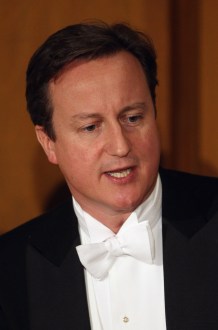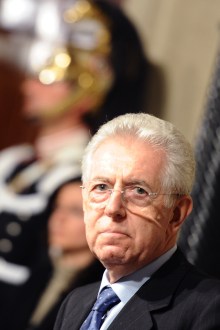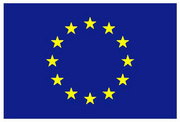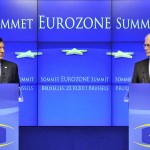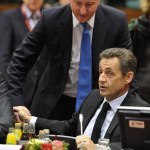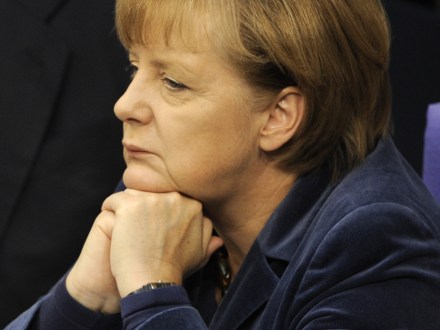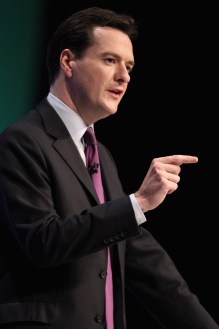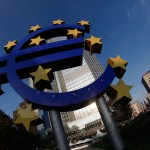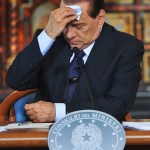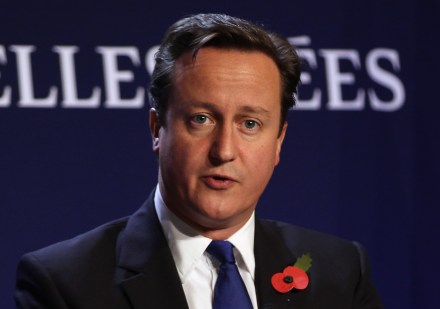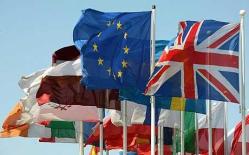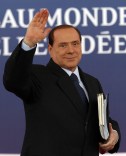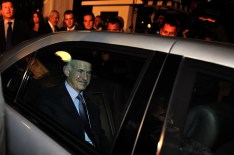Cameron shows his eurosceptic side
David Cameron’s speech at the Lord Mayor’s Banquet last night was a significant moment — the clearest articulation yet of his European Policy. In the crucial paragraph, he declared: ‘we sceptics have a vital point. We should look sceptically at grand plans and utopian visions. We’ve a right to ask what the European Union should and shouldn’t do and change it accordingly. As I said, change brings opportunities. An opportunity to begin to refashion the EU so it better serves this nation’s interests and the interests of its other 26 nations too. An opportunity, in Britain’s case, for powers to ebb back instead of flow away and for the European
